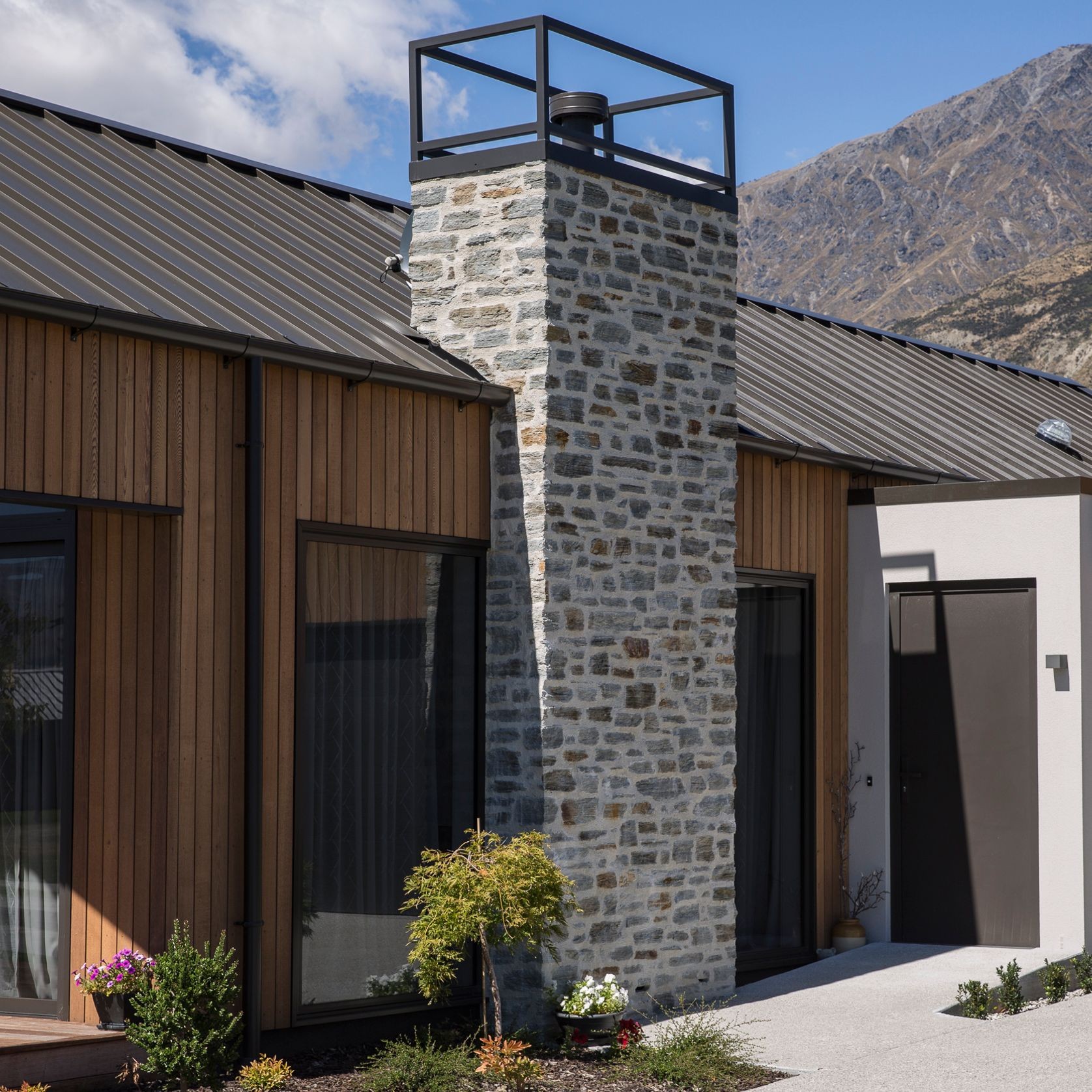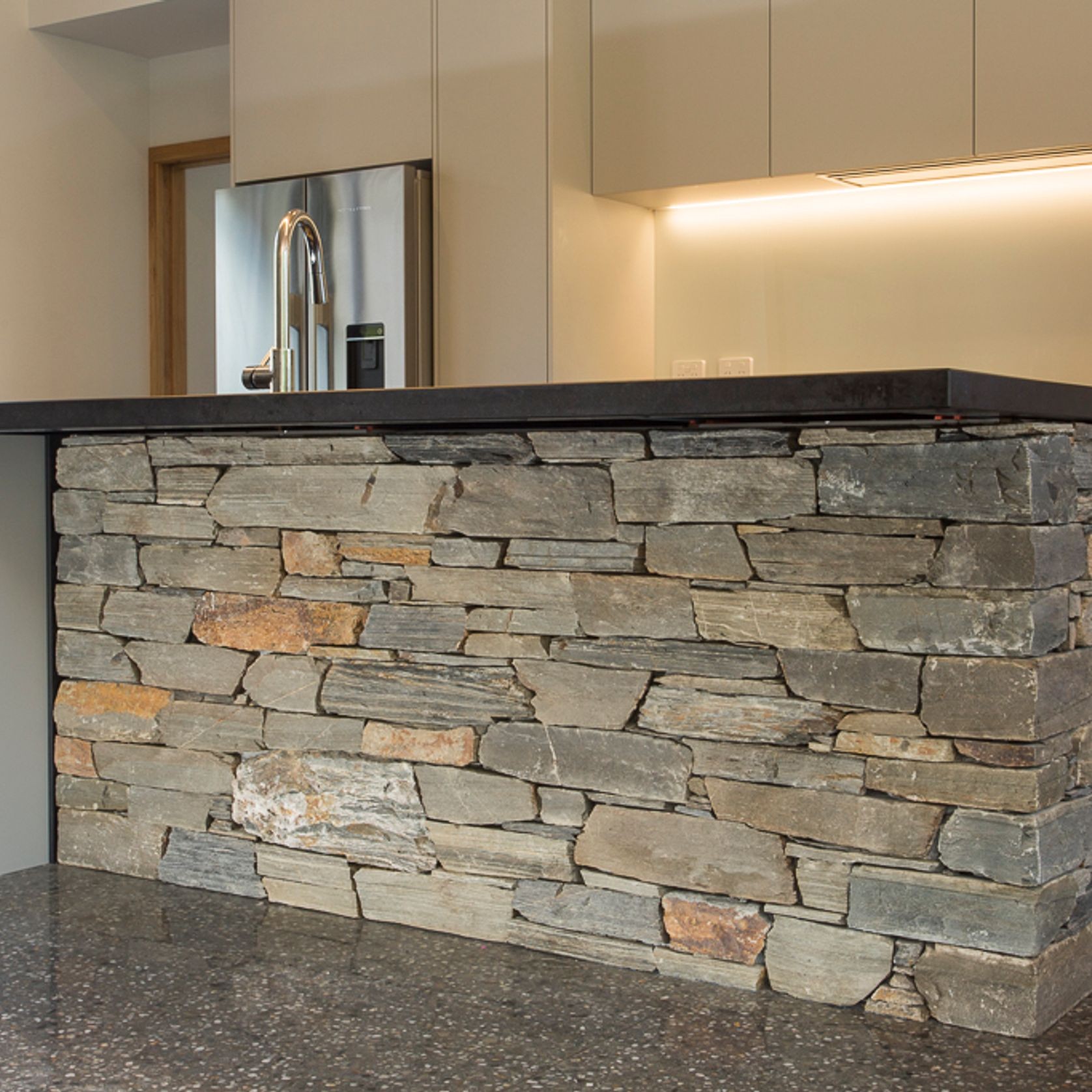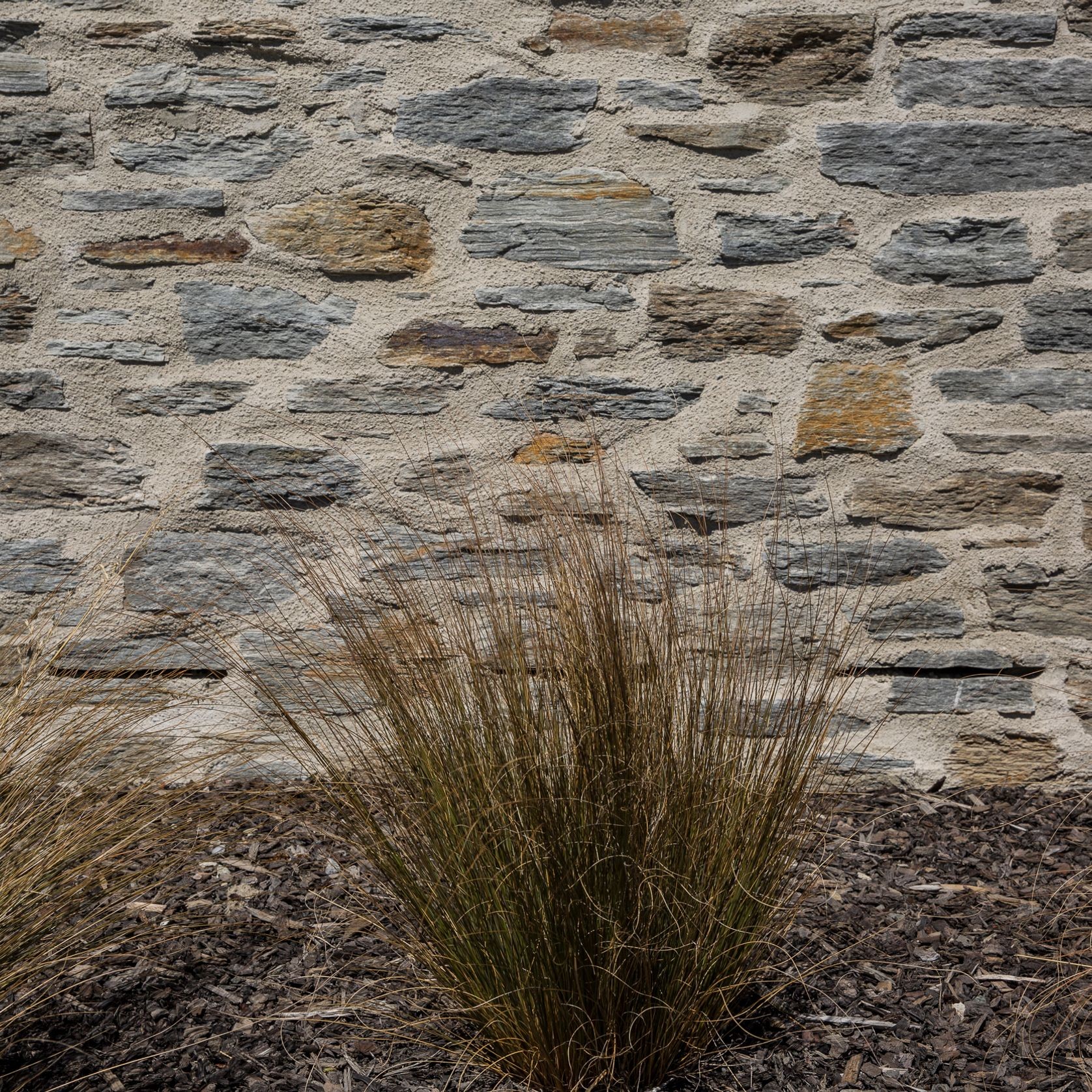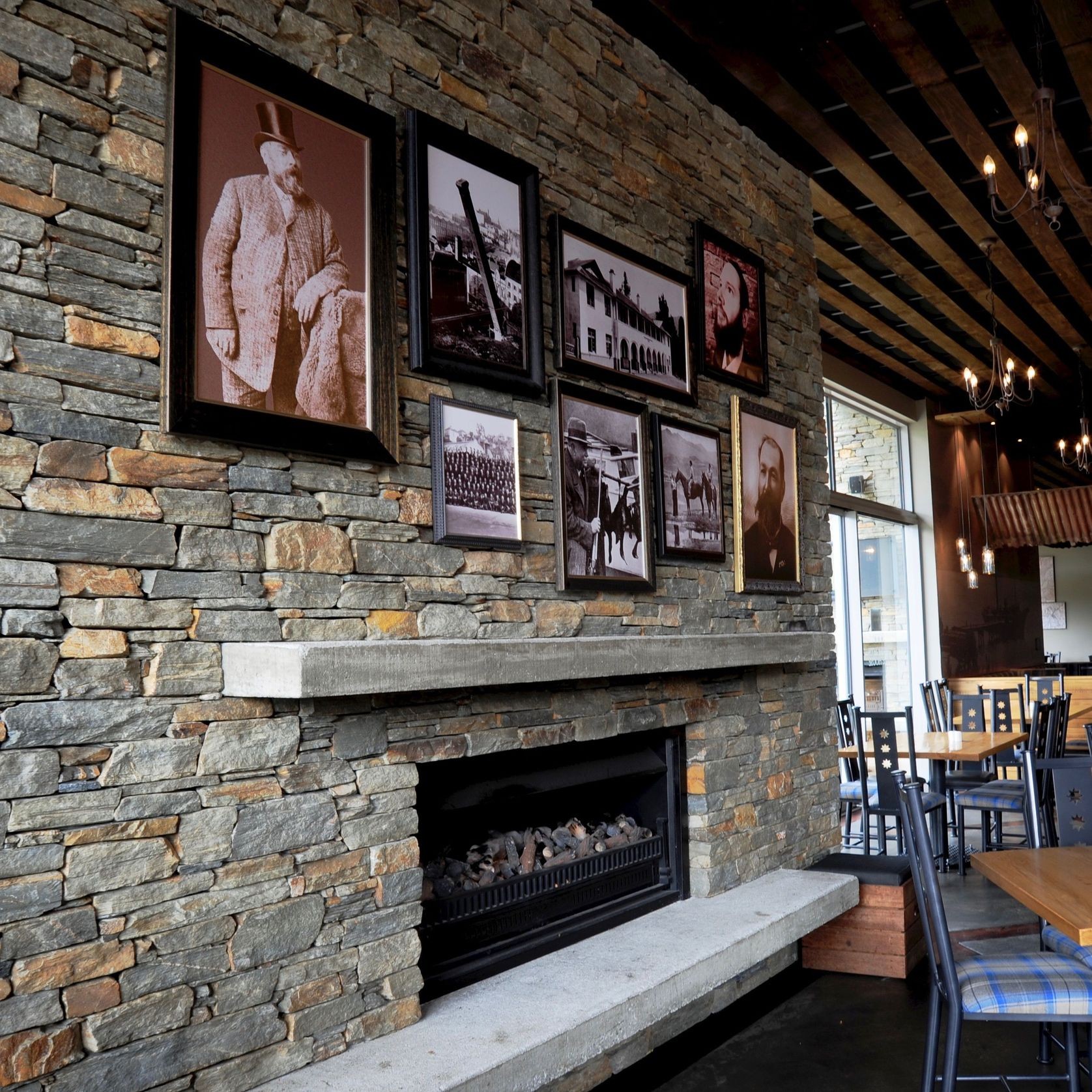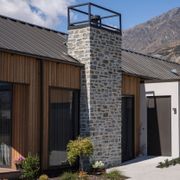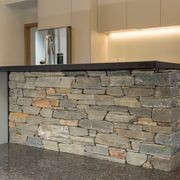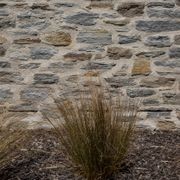Wanaka Stone Lightweight Veneer
Wanaka Stone- CategoryMasonry and Stone, Tiles & Stones
- Country of originNew Zealand
Projects featuring Wanaka Stone Lightweight Veneer
More from Wanaka Stone
About the
Seller
Supplying rock from two iconic Central Otago quarries. Both Poolburn and Cluden Stone Quarries have stood the test of time, having been operational for over 30 years each. Both quarries produce reliable, consistent stone and will still be operating for many decades to come.
Wanaka Stone Ltd provides schist stone from the Cluden Stone Quarry since 2014 near Tarras and Poolburn Stone Quarry located in the Ida Valley, the heart of Central Otago. Cluden Stone is known for its earthy blue-grey and golden brown tones while Poolburn Stone is quintessential Central Otago schist with steely greys and plenty of brown, bronze and russet tones. Stone has been used for decades as a permanent cladding and to create beautiful features in homes and commercial buildings. It is low maintenance, timeless and distinctive.
Wanaka Stone Ltd provides a professional service that operates fully licenced and permitted operations ensuring a consistent and reliable supply. Using cutting edge technology – imported guillotines with 24 cutting teeth – we are able to deliver top-quality schist and value for money.
Locally Sourced – Eco-Friendly
Schist is a naturally formed building material with limited mechanical inputs, resulting in minimal carbon footprint. Massive quantities of rock are constantly forming and reforming in nature. The quantities extracted by us are negligible when compared to natural erosion rates.
- ArchiPro Member since2018
- LocationView all locations (+1)
- More information
